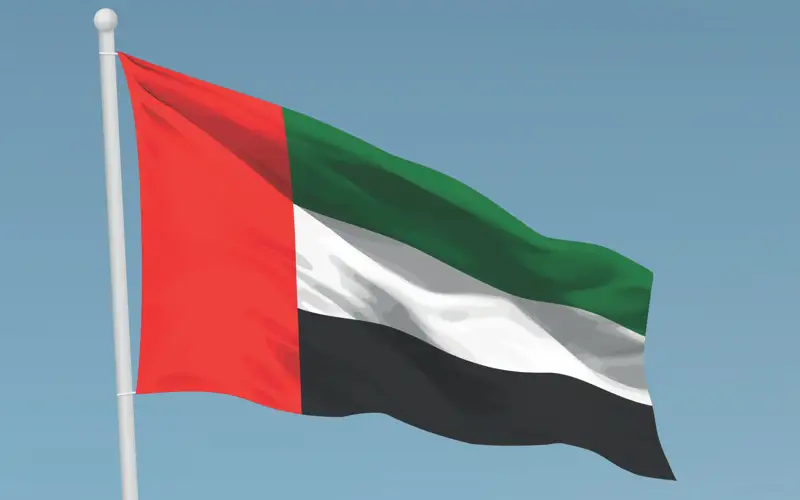UAE’s Islamic finance, halal industry poised for robust growth, economic diversification
The UAE continues to cement its status as a leading global hub for Islamic finance and the halal industry, aligned with a comprehensive development vision aimed at diversifying the national economy and enhancing global competitiveness, WAM reports.

Backed by forward-thinking government policies, a modern regulatory framework, and cutting-edge financial and industrial infrastructure, both sectors are witnessing dynamic growth. The UAE is investing heavily in a knowledge- and innovation-based economy, with Islamic finance and halal products playing key roles in this transformation.
In May, the UAE launched a national strategy for Islamic finance and halal industry development. The plan sets out to create an integrated ecosystem for Islamic financial activities, including banking, Takaful (Islamic insurance), Sukuk (Islamic bonds), and non-banking financial services—aligned with international best practices and standards.
According to February data from the Central Bank of the UAE, Islamic banks now account for approximately 18% of total banking assets and 22.8% of total credit within the national banking sector.
The Islamic Sukuk market, in particular, has expanded significantly. Notably, the federal government launch of the dirham-denominated Islamic Treasury Sukuk (T-Sukuk) in 2023, signaling a new era for the sector.
The UAE is now recognised as one of the world’s largest Sukuk listing centres. As of May, Sukuk listed on Nasdaq Dubai exceeded US$95.7 billion, reinforcing the country’s position as a global hub for Sharia-compliant fixed-income instruments.
In the 2023, the country was ranked fourth globally in Islamic financial markets by assets, according to the 2023 Islamic Finance Development Indicator based on total assets.
Jamal Saleh, Director-General of the UAE Banks Federation (UBF), noted that the strategy outlines ambitious goals to elevate the Islamic economy’s role both domestically, regionally, and internationally.
In statements to the Emirates News Agency (WAM), Saleh highlighted the UAE’s successful development of financial systems that have empowered the Islamic banking sector as part of the nation’s broader diversification agenda.
He pointed to significant strides in Islamic banking, Sukuk issuance, and broader Sharia-compliant finance.
Saleh also noted the sector’s impressive growth trajectory. As of February 2025, total credit granted by Islamic banks reached AED503.5 billion, a 16% year-on-year increase. Private sector credit alone stood at AED350.4 billion, growing 13.2% annually. Meanwhile, deposits at Islamic banks surged to AED595.3 billion, marking an annual growth rate of 16.9%.
Parallel to its financial achievements, the UAE is asserting itself as a global halal industry hub. Under the newly approved national strategy, the UAE aims to increase halal exports from AED74 billion to AED315 billion by 2031, leveraging its strategic location and world-class infrastructure.
Saleh Lootah, Chairman of the UAE Food and Beverage Manufacturers Group, in statements to WAM, said that the strategy is a landmark step toward establishing the UAE as a global halal production centre.
He highlighted growing local manufacturer interest in expanding into this vital sector, particularly as global demand for halal products accelerates.
According to a report by Bonafide Research on the halal food and beverage market in the UAE, the market size is projected to exceed $31.27 billion by 2029. This growth reflects the increasing demand for halal-certified products, both within the country and globally, as consumers become more conscious of dietary and ethical standards.
The UAE’s strategic location as a global trade and tourism hub plays a key role in driving this expansion. Its position enhances the country's appeal to both local and international consumers seeking trusted halal-certified goods, reinforcing the UAE’s reputation as a leading centre for halal commerce.
As reported previously, Kazakhstan and the UAE are keen to increase the bilateral commodity turnover to up to one billion US dollars.
